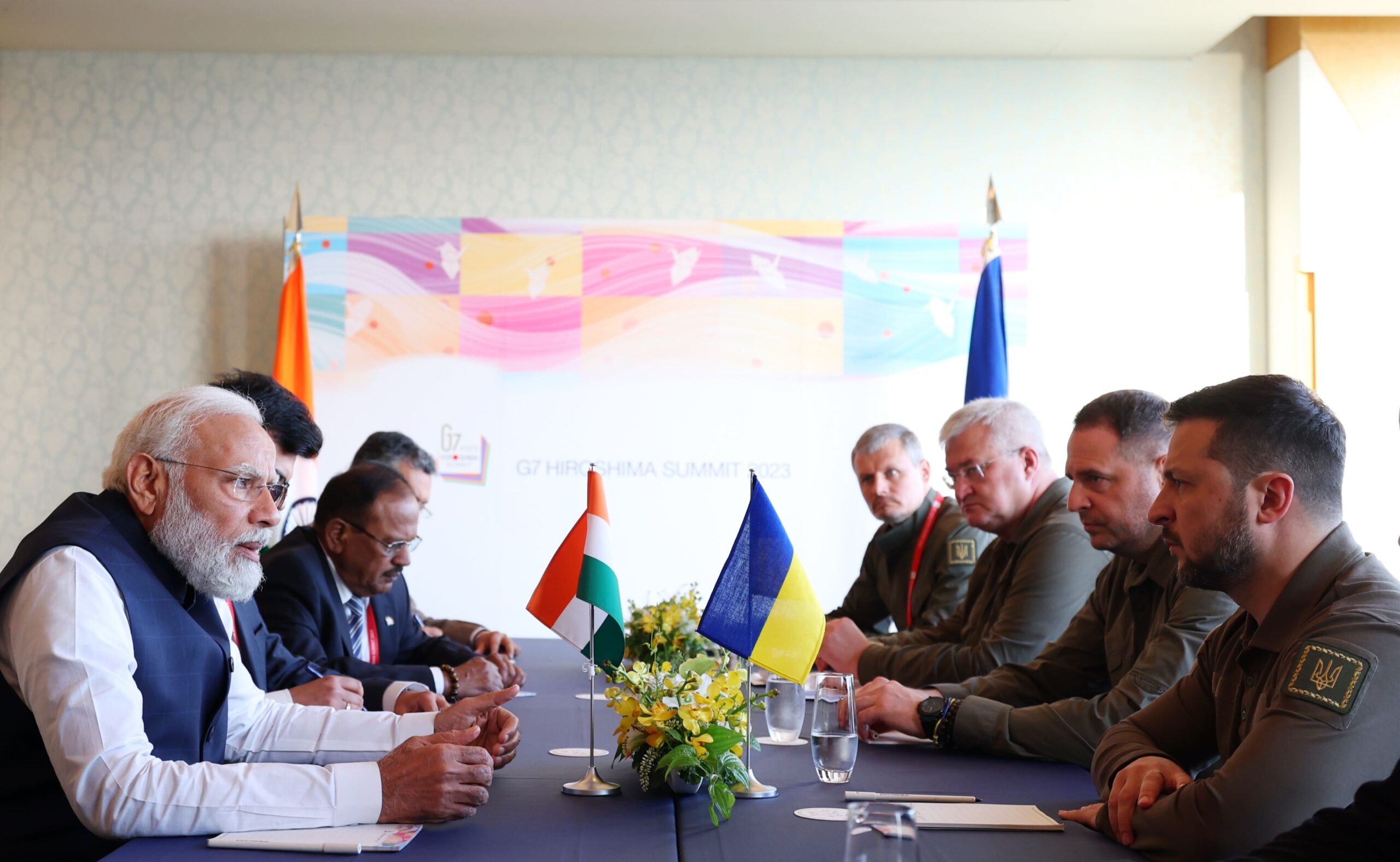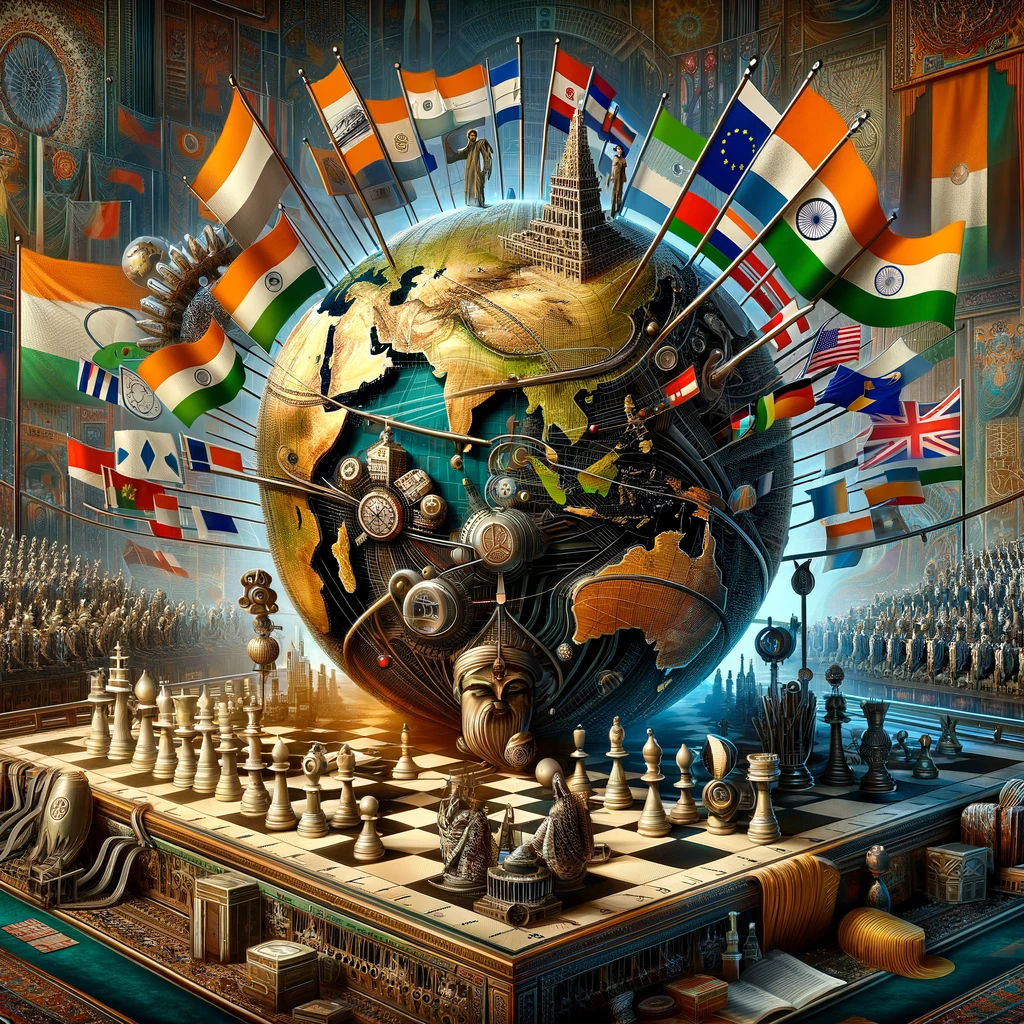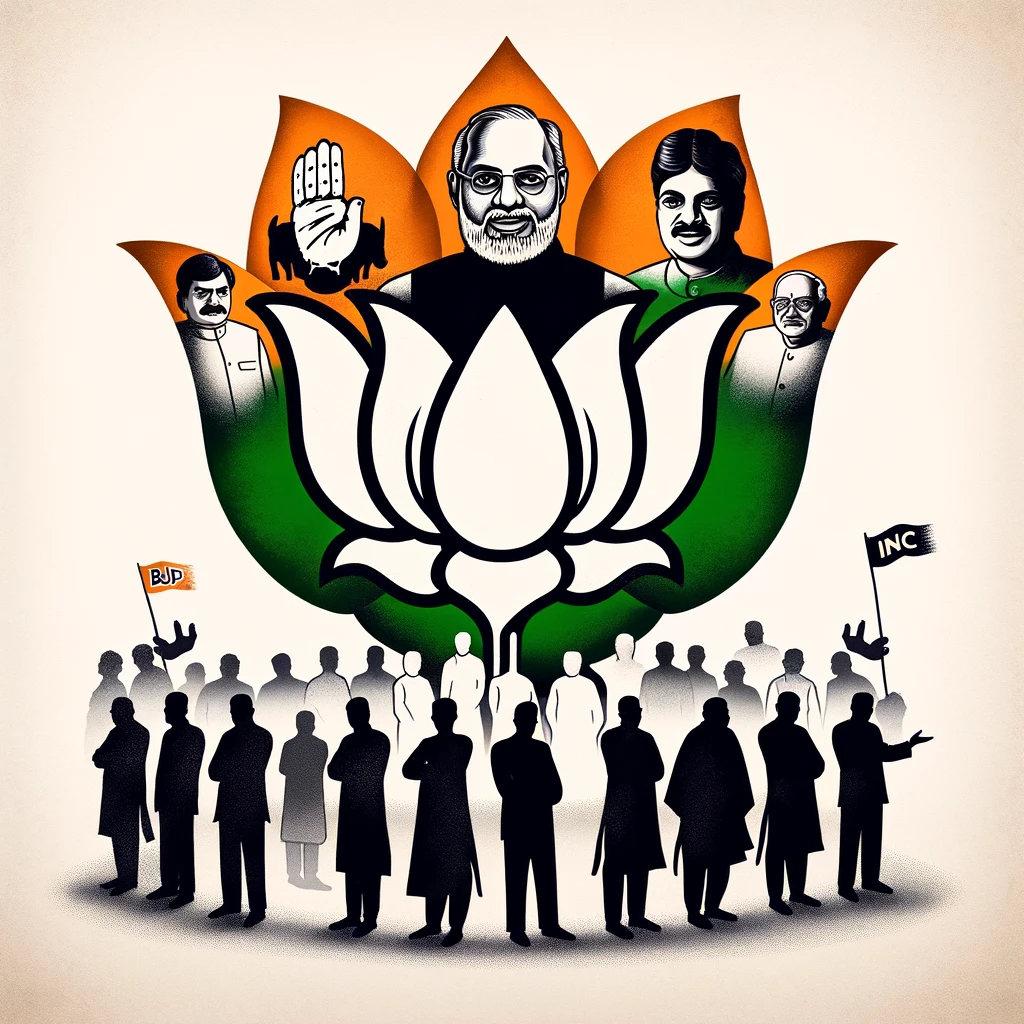Prime Minister Narendra Modi’s visit to Ukraine is nothing short of a diplomatic masterstroke, setting the stage for what could be a historic peace-making effort in the ongoing Russia-Ukraine conflict. It’s the first time an Indian leader has set foot in Ukraine, and the timing couldn’t be more critical. With the world watching, Modi is attempting to walk a fine line—engaging both Russia and Ukraine without alienating either. If this isn’t a testament to India’s nuanced foreign policy, I don’t know what is.
But let’s not forget, Modi isn’t just winging it; this visit is a calculated move that aligns perfectly with India’s broader foreign policy strategy, particularly the Act East policy. While traditionally focused on strengthening ties with Southeast Asian nations, Modi’s diplomatic approach has always emphasised strategic engagement with global powers, especially in times of crisis. And this time, he’s not just aiming for a seat at the table—he’s eyeing the head of it.
PM Modi’s foreign policy on fleek
Upon arriving in Warsaw, Modi made it clear that India is here to play the role of a “friend and partner,” eager for a peaceful resolution in the war-torn region. The PM’s agenda is loaded; meetings with Ukrainian President Volodymyr Zelenskyy, discussions on bilateral cooperation, and, intriguingly, the possibility of delivering a message from Russian President Vladimir Putin to Zelenskyy. Yes, you heard that right—Modi could very well be the messenger between two of the world’s most powerful leaders, adding a whole new dimension to India’s role on the global stage.
What makes Modi’s visit particularly interesting is India’s stance on the conflict. While the rest of the world has picked sides, India has played it smart by abstaining from voting on Ukraine-related resolutions at the UN and maintaining a neutral stance. This has allowed India to keep the lines of communication open with both Russia and Ukraine—something that could now pay off in spades.
The visit isn’t just about peace talks, though. It’s also about showing the world that India is a force to be reckoned with in global diplomacy. Modi’s Act East policy may have been designed to boost ties with Southeast Asia, but it’s clear that his vision extends far beyond that. India’s involvement in the Russia-Ukraine conflict could very well pave the way for a new era of global conflict resolution, one where India takes the lead in brokering peace.
Of course, there’s still a long way to go, and much will depend on how the talks unfold. But one thing is certain: Modi’s visit to Ukraine is a bold move that underscores India’s growing influence on the world stage. Whether it leads to peace in Ukraine remains to be seen, but for now, it’s clear that Modi is playing his cards right, and the world is taking notice.
Read more: What’s happening in Bangladesh?
Spotlight: Despite facing biases in parental education spending, girls have outshined boys in board exam results, showcasing a higher pass rate, wrote Manash Pratim Gohain for The Times of India, noting that this trend highlights the determination and resilience of girls, who continue to excel academically even with fewer resources compared to boys. At the secondary level, a total of 35.6 lakh boys are enrolled in private schools compared to 27.7 lakh girls but despite the bias, girls outperformed the boys across all school management types, gaining a significant 12 per cent lead.
Other important stories include:
Double insurance cover under Ayushman Bharat to Rs 10 lakh (and up to Rs 15 lakh for women), adding another 4 lakh private hospital beds under the scheme and increasing the number of beneficiaries from 55 crore to 100 crore have been pitched as the Union Health Ministry’s key priorities for the NDA’s third term, revealed Ritika Chopra for The Indian Express.
Gayathri Mani for The Indian Express reported that a proposal by Delhi Minister Atishi to feature Chief Minister Arvind Kejriwal’s photograph in a full-page Independence Day advertisement in newspapers on August 15 was turned down by the Secretary of the Directorate of Information and Publicity (DIP), citing the CM’s status as an “undertrial prisoner”.
Former Jharkhand Chief Minister Champai Soren has hinted that he may float his own political party before the upcoming state elections, wrote Debashish Sarkar for Hindustan Times.
A tragic incident occurred at a pharma unit in Anakapalle, Andhra Pradesh, where a reactor blast claimed the lives of 17 workers and injured 33 others. This is one of the deadliest industrial accidents in the state in a decade. The explosion triggered a massive fire, and rescue operations are underway to control the situation. [The Times of India, The Hindu, Hindustan Times and The Indian Express]
Commerce Minister Piyush Goyal has accused e-commerce giants like Amazon of predatory pricing and violating FDI norms, arguing that their investments in India are aimed more at recovering losses rather than supporting the Indian economy. He highlighted the risks these practices pose to millions of small retailers in the country, sparking a debate on the need for stricter regulations in the e-commerce sector. [Times of India, The Hindu, Indian Express, Economic Times, Hindustan Times]
Assam is set to introduce a bill mandating the registration of all Muslim marriages and divorces, aiming to bring greater transparency and legal clarity to these personal matters. This move has sparked discussions across the state, particularly among the Muslim community, as it marks a significant shift in how personal laws are regulated in Assam. The bill is part of a broader initiative to protect heritage sites and tribal lands in the state, claims Himanta Biswa Sarma. [The Hindu, Times of India, Hindustan Times, Indian Express]
In response to widespread protests following the murder of a junior doctor, the West Bengal government has removed the top four officials at RG Kar Medical College. The decision comes after doctors’ demands for accountability and action were met with the revocation of transfer orders for 42 doctors. The state government continues to struggle amidst the mounting pressure to address safety and administrative issues within its healthcare system. [Times of India, Economic Times, Hindustan Times]
The West Bengal government has approached the Supreme Court seeking a stay on a High Court verdict that struck down the OBC status of 77 castes, which had been added to the list in less than 24 hours. The state’s affidavit argues that the decision affected many beneficiaries and is now seeking relief from the apex court. The Times of India‘s Dhananjay Mahapatra, The Hindu and Indian Express reported on the state’s push to restore these castes’ OBC status.
Read more: Trump dodges bullet, invokes meme mayhem at RNC rally




